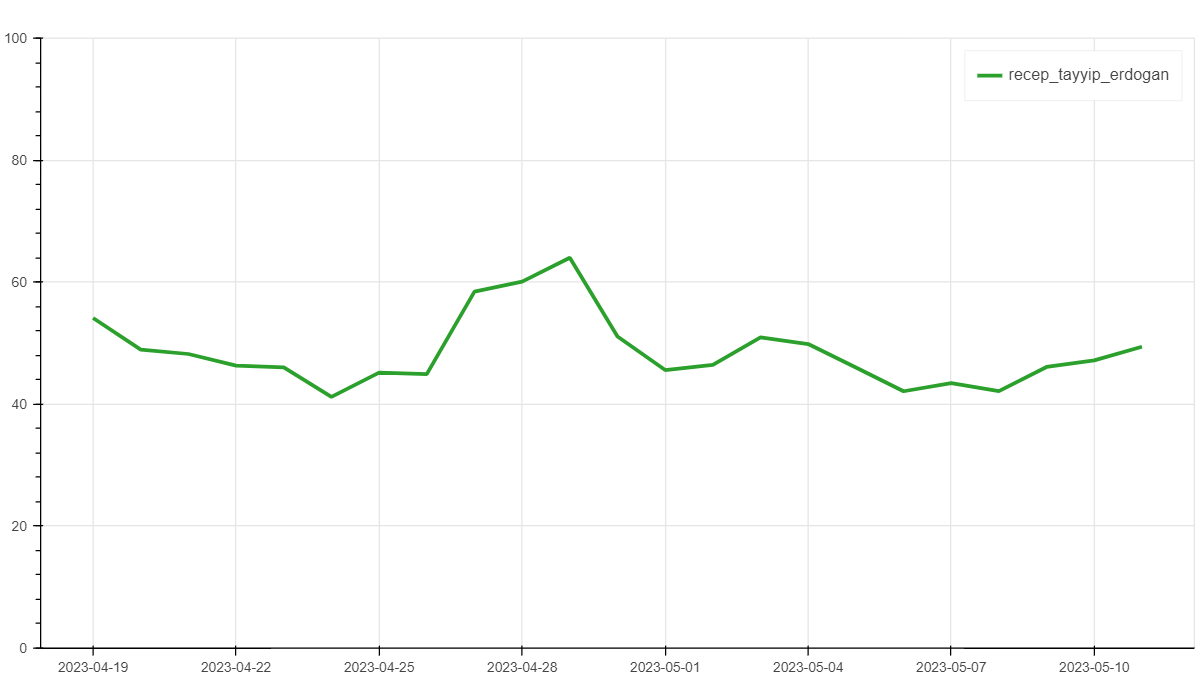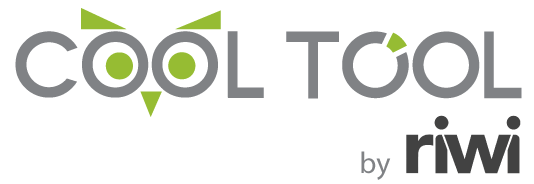Turkey’s Election Board called 49.5% of the vote for the incumbent President, matching the forecasted votes amongst very likely voters reported to RIWI when our poll ended on May 11, 2023. Contact sam.wollenberg@riwi.com for information on accessing our Presidential Runoff Monitor.
While the results this weekend came as a surprise to many, RIWI’s web-intercept survey methodology accurately forecasted the results for Erdogan from voters polled over the last four weeks. From April 17 – May 11, RIWI asked over 2,000 residents of Turkey about their likelihood to vote, who they would vote for and what key issue was the most important for them in this election.
49.41% answered Erdogan to “If the Presidential election was held tomorrow, who would you vote for?”

The results reveal an electorate most concerned with the high cost of food and housing as well as the erosion of the parliamentary system. While many of the reported issues can be attributed to decisions made by Erdogan during his tenure as Prime Minister and President, the electorate did not translate these concerns into votes for the opposition, with main challenger Kilicdaroglu receiving 44.9%.
Most polling firms, almost all using telephone sampling methods, once again faced challenges with accurately gauging support in a polarized election environment, reflecting the need for alternative polling approaches to ensure proper representation. Most pre-election poll results gave Kilicdaroglu a lead over Erdogan, some even predicting a commanding first round victory. Erdogan exploited these failures to further his populist platform, declaring “It is our people and country who won. We are not like those who sought to dupe the people, probably for the last time, by claiming they were miles ahead of us.”
The disparity between the polls and final results has been observed by RIWI in elections around the world, particularly when unconventional candidates are in the race. In the 2016 and 2020 US elections, RIWI respondents correctly predicted tighter races than traditional polling methods which expected more support for the Democrats than did the actual results. By contrast, in the 2022 French election, while polls called for a tighter race between Emmanuel Macron and far right candidate Marine Le Pen, RIWI’s technology correctly showed there was actually more support for Macron.
To access or learn more, contact RIWI’s Democracy, Human Rights and Governance Lead at sam.wollenberg@riwi.com
